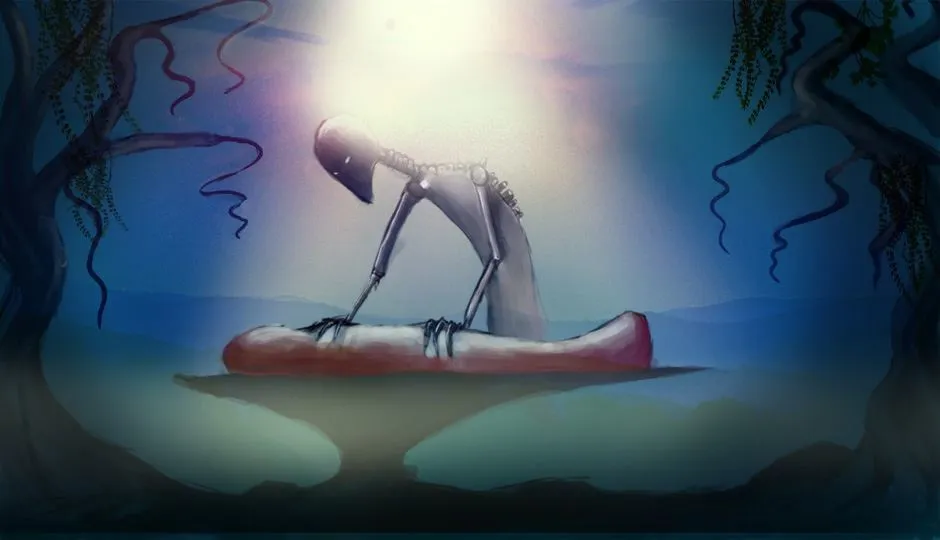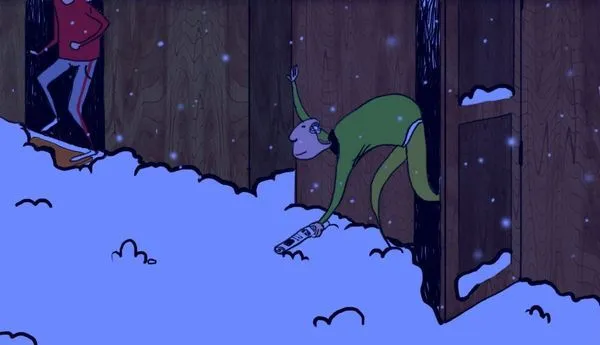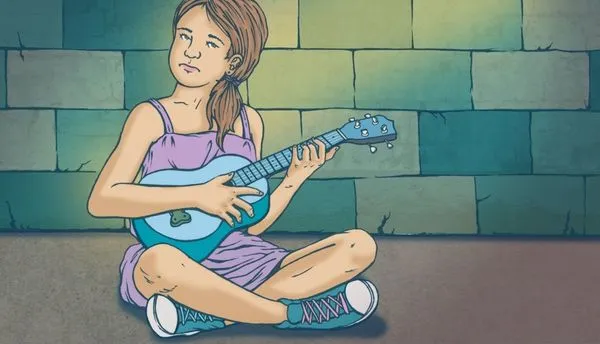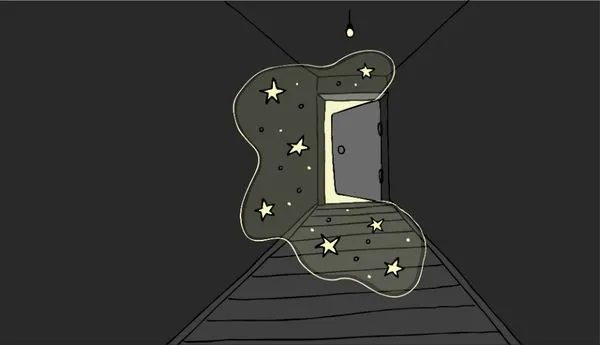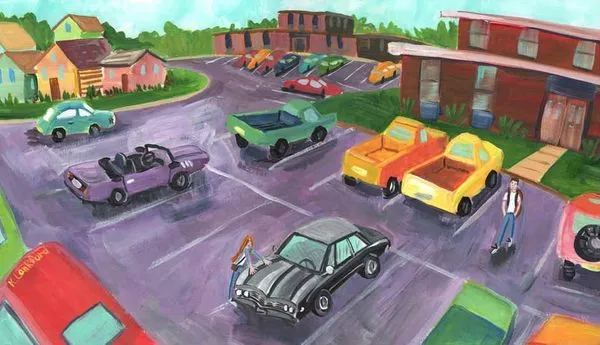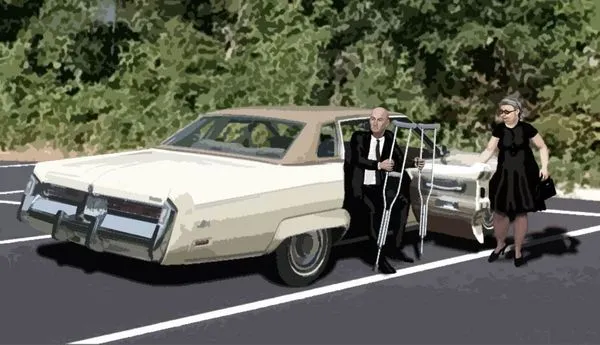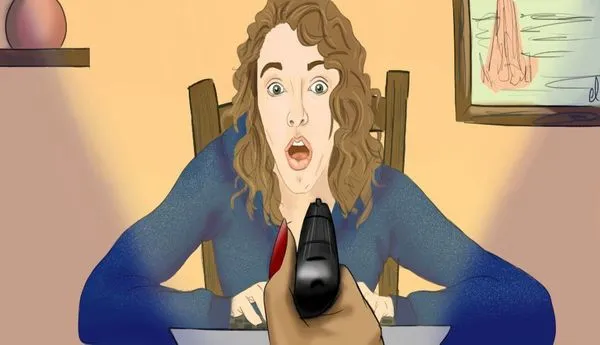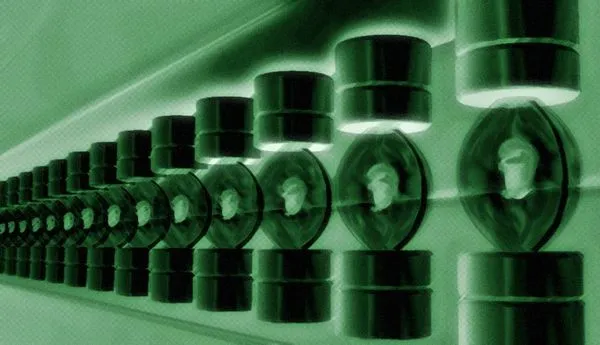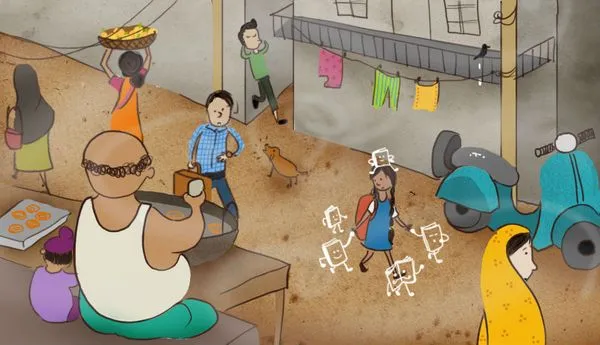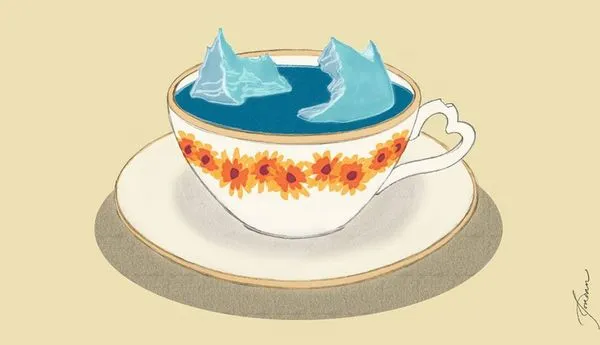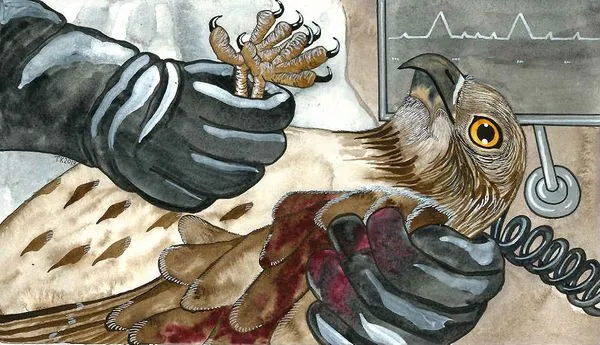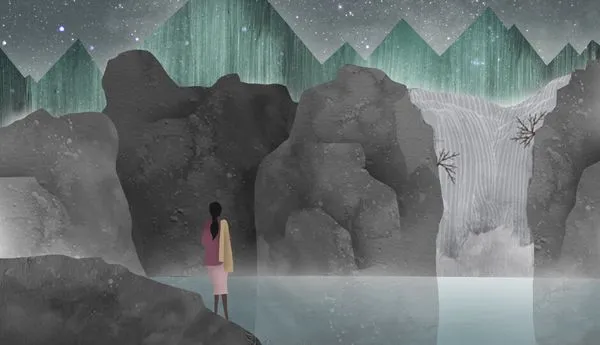Future Robots
David Hartley | Jessica Wilson
Published on 2013-03-01
At cell level, they detach. Total expiration of the species is reported, logged, confirmed and passed, so they detach and disseminate rising through fragmenting flesh to the pore exits, dusting the air, grasping claw wards for new molecules to support, anything that lives, any real thing that lives.
The bed, such as it is, collapses its structural filament, issues and receives a rooted command, lifts the sheets, enshrouds the dead man, ensilks the impression in the mattress. The metal of the frame is genetically reconfigured to become wood, moves closer, tucks in.
Beneath it all the ground caves-in according to exact grave measurements. The Pastor hovers at the head, display field ready with the correct verse. The Pastor is chief node reference for command and collect, currently set to ‘Most Appropriate’, the last human derivative. Message received from the rising dust, The Pastor redirects the instruct flow. Before him a great shifting occurs.
All the robots are here, to see John off.
Sibelian pods fade in a patterned scattering of coloured dot-pulsations; a pure replication of the deceased’s illogical music request. It is played for aural reception also, with entire decibel range, despite the obvious futility. Human requests override futility — an extinct law now.
Marionette android emoters, realism reduced, activate tear ducts and the fluid, devoid of DNA, slides down pre-scored channels and collects in pools for later reuse. Beside them, androidials enact boredom and discomfort and are held into their mourning places by the firm hand magnets of their male-apparent superiors.
The frondial Fertilers sprout instant trees; weeping willows and Chinese blossoms. The pink petals of the latter are held for a moment until the hovering turbines push air into wind, and then the petals are released. They float away, nicely.
The Pastor begins to read. Again, it is aural as well as digital.
In the far distances, a precipitation network adjusts the output, creates grey clouds and encourages a gentle fall of rain. In a further distance, the solitary star is encased for a moment, shifted to an arbitrary East by point six of an Earth degree. Coordinates are reassembled to account, basic time is moved accordingly, and the sunlight catches the curve of a seven tier spectrum through the aqueous filter. A rainbow. A rainbow for John.
He is lowered into the pit and every retinal receptor is dutifully locked onto his pale face as he descends. They record, twenty-four individual frame grabs per second, as requested, but the footage is deleted after minimal save time. No need for it now. John would understand.
As he comes to rest, The Pastor ends the ritual words and the gathered robots ingest the soil through tubular rest ends and expel it, into the grave, from upper openings. It all lands upon John, filling the hole with a tasteful slowness. As soon as the most appropriate mound curve is apparent, they halt. The Pastor spits forth a seed for the centre. It lands, embeds, germinates, sprouts, grows and flowers. Then it dies.
The Pastor closes the prayer field. The funeral is over. John, the last human, is buried.
The ground is sucked away, the sky is cancelled, the star is expelled into nebula and contained for later use. All the robots drift away, seek new commands, maintain old ones. All of John’s elaborate final requests are instantaneously enacted, and then deleted.
The Pastor casts away the peripheral ephemera for reconstruction and takes hold of the withered corpse of John. It carries him down, to the core, and slots him into a waiting pod for molecular reconfiguration.
The mindship turns John’s corpse into small bits of bread. The crumbs are carried the mighty distance to Earth and fed to pigeons.

